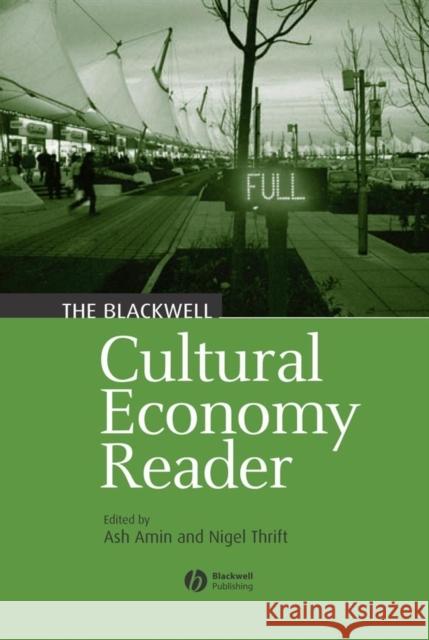Cultural Economy Reader » książka
topmenu
Cultural Economy Reader
ISBN-13: 9780631234296 / Angielski / Miękka / 2003 / 448 str.
This Reader brings together the exciting and innovative work that has appeared in the last 10 years in the growing field of cultural economy.
- Brings together exciting and innovative work from the last ten years in the emerging field of cultural economy.
- Contains a substantial introduction by the editors on the main strands and history of the cultural economy approach.
- Shows how the pursuit of prosperity always involves multiple and hybrid orderings that cannot be reduced to either the terms culture or economy.
- Shows that thinking about cultural economy is both a substantive task and a valuable contribution to knowledge.
- Material is organised around different links in the value chain.











